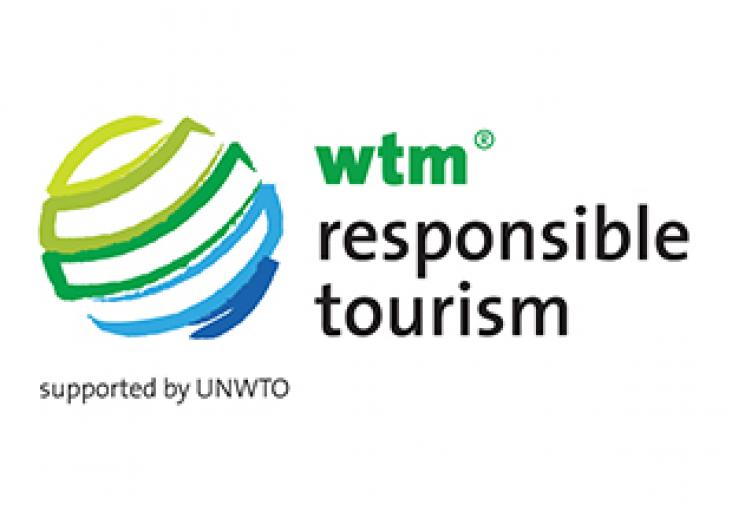
To celebrate 2017 as the International Year of Sustainable Tourism for Development, World Travel Market London is focusing World Responsible Tourism Day – including the WTM Responsible Tourism Awards – on the UN Sustainable Development Goals.
The awards categories are centred on the UN’s Sustainable Tourism Goals, with a focus on businesses, destinations and organisation which can clearly demonstrate their contribution to sustainable development
To advance goals 6 and 12, this chapter discusses the upgrading of technology in the textiles industry to increase the sustainability and transparency of products.
To address goals 6 and 12, this chapter explores the sustainability issues of preparing and dyeing apparel fabrics, with a focus on colouring cotton fabrics with reactive dyes.
This chapter advances goal 12 by examining the development of green food production strategies; these take a holistic approach while applying principles of industrial ecology and maintaining the integrity of the biosphere.
Sustainable innovation is a key-objective for our Group that has recently integrated the principles of sustainable development into all stages of a product's life cycle, from its design to consumer us
The United Nations’ Sustainable Development Goals (SDG's) have exceptional value in identifying key areas of challenge that need urgent improvement if we are to move away from the unsustainable trajec
Since their launch in 2015, the United Nations Sustainable Development Goals have been adopted by a wide range of businesses to capture their efforts in corporate sustainability.
Sustainable green chemistry depends on technically feasible, cost-effective and socially acceptable decisions by regulators, industry and the wider community.
Until now, much Green and Sustainable Chemistry has been focused on how chemicals are made.
Actions on climate change (SDG 13), including in the food system, are crucial.
